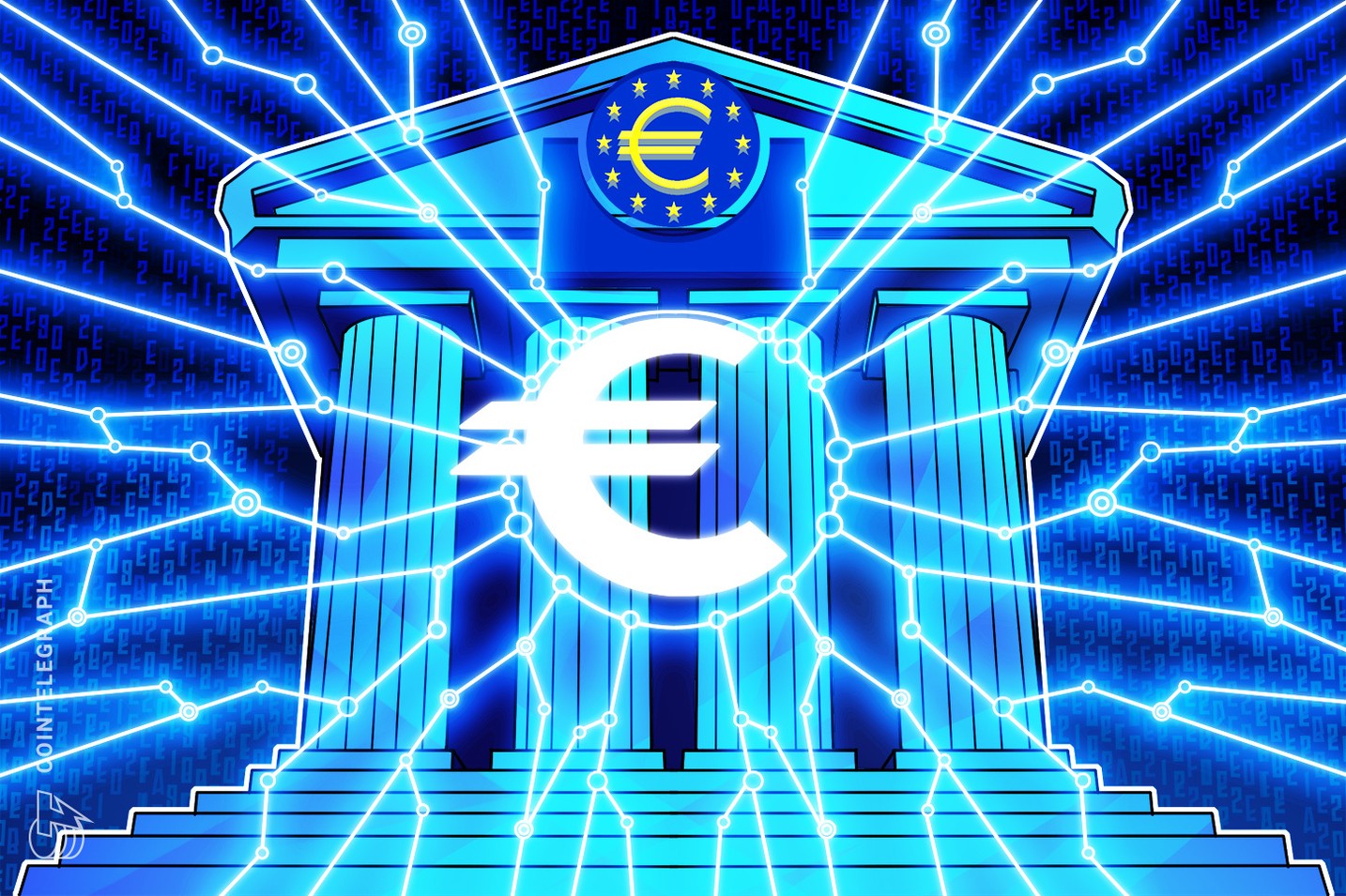
European Central Bank Selects Technology Partners for Future Digital Euro
The ECB has finalized partnerships with several tech firms to support the development of a digital euro, anticipated to launch in 2029.
The European Central Bank (ECB) has taken a significant step towards the possible introduction of its digital currency by entering into agreements with multiple technology providers. These partnerships are aimed at developing various components essential for the administration and security of a potential digital euro, which may see its launch as early as 2029.
In an announcement made on Thursday, the ECB revealed that it has finalized contracts with seven different entities, with additional partnerships expected soon. These firms will offer crucial services including fraud risk management and secure transaction processing related to the central bank digital currency (CBDC). Notable among these firms is Feedzai, which specializes in fraud detection using AI, and Giesecke+Devrient known for its security solutions.
Dr. Ralf Wintergerst, CEO of Giesecke+Devrient, stated, “Following the framework agreement conclusion, G+D and other successful tenderers will work with the ECB to finalize planning and timelines.” He also mentioned that the aim is to design and develop a Digital Euro Service Platform under the oversight of the ECB and in coherence with EU regulations.
Since 2021, ECB officials have been examining the feasibility of a digital euro, and they have now transitioned into a preparatory phase as of late 2023. Although the ECB has yet to confirm the launch, rumors suggest that a release in 2029 is plausible, contingent upon the acceptance of the Digital Euro Regulation.
Another layer of this initiative involves the incorporation of a system that allows users to send and receive funds without needing to know their payment service provider’s details. Furthermore, Giesecke+Devrient is tasked with enabling offline transactions with digital euros.
EU Authorities Concerned About Stablecoin Threats
As discussions surrounding the digital euro evolve, ECB and EU financial regulators have raised alarms regarding the potential hazards certain stablecoins could pose to local markets. This perspective contrasts sharply with the United States, where a stablecoin bill established a regulatory framework earlier this year, endorsed by numerous Congress members and President Donald Trump.
Christine Lagarde, President of the ECB, emphasized the urgency for EU legislature to collectively address the challenges posed by stablecoins tied to the region’s Markets in Crypto-Assets framework (MiCA), as well as those associated with non-EU corporations.
In a separate action, the European Systemic Risk Board reportedly recommended a ban on stablecoins issued collaboratively across jurisdictions.
